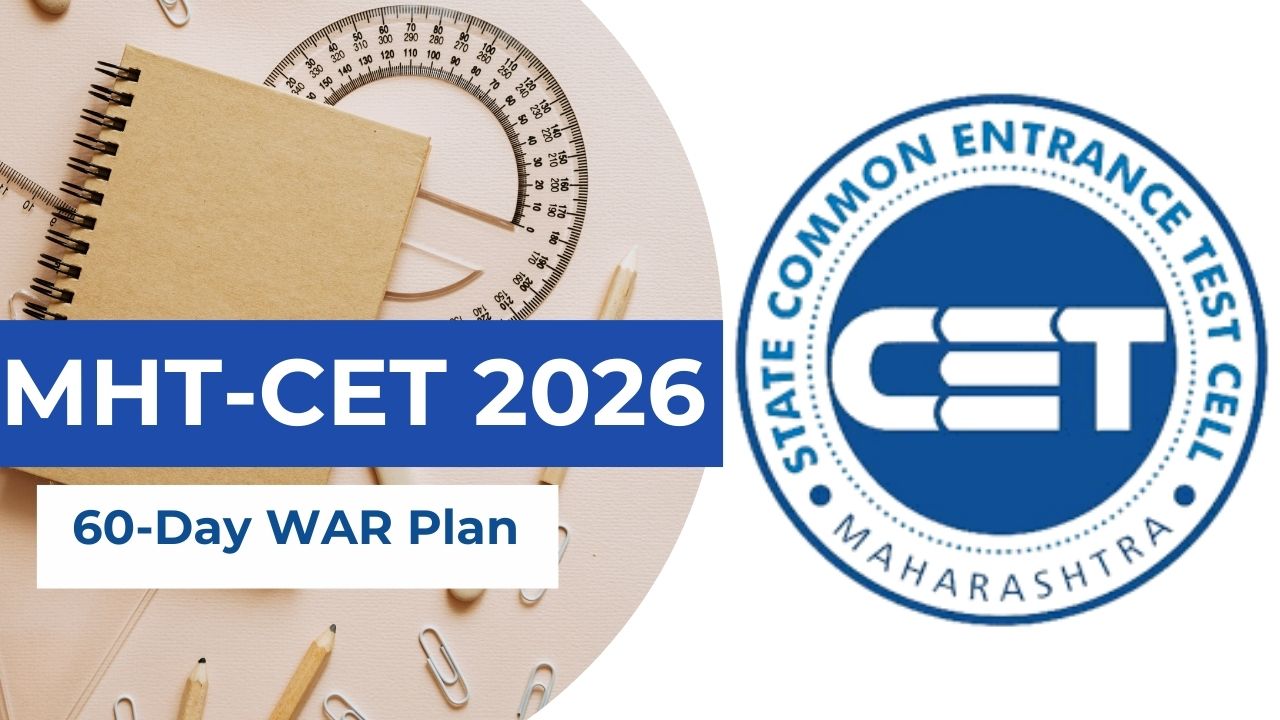Bhoomi kaushik
Get Real Experts on your side
Before venturing to seek career counseling, answer a few basic questions so we can connect you with our best expert counselor for personalised guidance and mentorship.




Bhoomi kaushik
24/07/2024
Pursuing a PhD can be a significant commitment in terms of time, effort, and resources. For those seeking advanced knowledge and career growth without the lengthy commitment of a PhD, there are several excellent alternatives. One of the best alternatives is obtaining a professional doctorate, a Doctor of Business Administration (DBA) or Doctor of Education (EdD), which focuses on applying research to practical problems in specific fields. Additionally, enrolling in a master's program can provide advanced education and specialization in a shorter time frame. Engaging in post-graduate diploma courses or executive education programs can offer targeted, high-impact learning without the extensive commitment required for a PhD. Lastly, gaining experience through industry research roles, consulting, or academic collaborations can provide practical skills and knowledge, positioning individuals for leadership roles or specialized careers.
1. Doctorate in Business Administration
A Doctor of Business Administration (DBA) is a prestigious advanced degree designed for professionals seeking to deepen their knowledge and expertise in the field of business management and leadership. This terminal degree emphasizes both theoretical and practical aspects of business administration, combining rigorous academic research with real-world application. DBA programs typically cover a broad range of topics, including strategic management, organizational behavior, finance, marketing, and operations management. Graduates are equipped to take on high-level executive roles, consultancies, or academic positions, where they can contribute to the advancement of business practices and policies. The DBA is particularly suited for those aiming to influence the future of business through innovation, thought leadership, and evidence-based strategies.
The Students can Pursue DBA in various specializations like:-
2. Doctorate of Juridicial Science
A Doctor in Juridical Science, often abbreviated as JSD (Juris Scientiae Doctor) or SJD (Scientiae Juris Doctor), represents the highest academic degree in the field of law. This advanced degree is typically pursued by those who wish to engage in high-level legal research, academic scholarship, or specialized legal practice. Unlike the Juris Doctor (JD), which is more practice-oriented, the JSD/SJD focuses on deep, theoretical understanding and original research in legal principles and systems. Candidates for this degree usually conduct extensive research and produce a substantial dissertation that contributes to the field of jurisprudence. This degree is often sought by those aiming for careers in legal academia, international organizations, or as experts in specialized areas of law.
The Students can Pursue Doctorate of Juridicial Science in various specializations like:-
3. Doctorate of Education
A Doctor in Education (Ed.D.) is an advanced degree focused on developing expertise in educational leadership, research, and policy. Unlike a Ph.D. in Education, which is often more research-oriented and theoretical, the Ed.D. typically emphasizes practical application and problem-solving within educational settings. Graduates of an Ed.D program are prepared to take on leadership roles in schools, universities, and educational organizations, addressing complex challenges and implementing innovative strategies to enhance teaching and learning. The program often involves rigorous coursework, research projects, and a dissertation or capstone project that applies theoretical knowledge to real-world issues in education.
The students can pursue Doctorate of Education in various specialization:-
4. Doctor of Psychology
A Doctor of Psychology, or PsyD, is a professional with an advanced degree specializing in the field of psychology. Unlike a Ph.D. which often emphasizes research and academic scholarship, the PsyD focuses more on clinical practice and the application of psychological principles to real-world problems. Professional with a PsyD are trained to diagnose and treat mental health conditions, conduct psychological assessments, and provide therapy. Their training includes rigorous coursework, supervised clinical experience, and often a dissertation or research project. This degree prepares psychologists to work in a variety of settings such as private practice, hospitals, schools, and community mental health centers, making a significant impact on individual well-being and mental health.
The students can pursue Doctorate of Psychology in various specialization:-
5. Doctor of Public Administration
A Doctorate in Public Administration (DPA) is an advanced academic degree designed for individuals seeking to deepen their expertise in public sector management and policy analysis. This program typically combines rigorous coursework with original research, focusing on public policy, organizational theory, administrative law, and strategic management. Graduates are equipped with the skills necessary to lead and innovate in government agencies, non-profits, and international organizations. They are prepared to address complex public issues through evidence-based decision-making, fostering public value, and promoting ethical governance. The DPA cultivates both theoretical knowledge and practical skills, making its holders well-suited for high-level administrative roles, academic positions, and consultancy work in the public sphere.
The students can pursue Doctorate of Public Administration in various specialization:-
6. Doctor of Health Administration
A Doctorate in Health Administration (DHA) is a prestigious degree designed for professionals aiming to advance their careers in the healthcare industry. This advanced program focuses on developing leadership skills, strategic thinking, and an in-depth understanding of the complexities within healthcare systems. It combines theoretical knowledge with practical applications, covering topics such as healthcare policy, management, economics, and ethics. Graduates of DHA programs are equipped to take on senior roles in healthcare organizations, academia, research, and public policy. They are prepared to tackle the challenges of modern healthcare, drive innovation, and improve patient outcomes through effective administration and strategic decision-making.
The students can pursue Doctorate of Health Administration in various specialization:-









.png)











.jpg)


.jpg)




.png)







.png)

.png)




.png)

.png)
.png)



.png)

.png)


.png)

.png)


.png)

.png)

.png)
.png)

 (1).png)



.png)

.png)
.png)


.png)


.png)


.png)

.png)







.png)





.png)


.png)














.png)













.png)




.jpg)






.png)




.png)


.png)
.png)
.png)
.jpg)



.png)


.png)
.png)
.png)



.png)











.png)
.png)



.png)


.png)
.png)


.jpg)







.jpg)









.jpg)





.png)


.jpg)



Before venturing to seek career counseling, answer a few basic questions so we can connect you with our best expert counselor for personalised guidance and mentorship.
